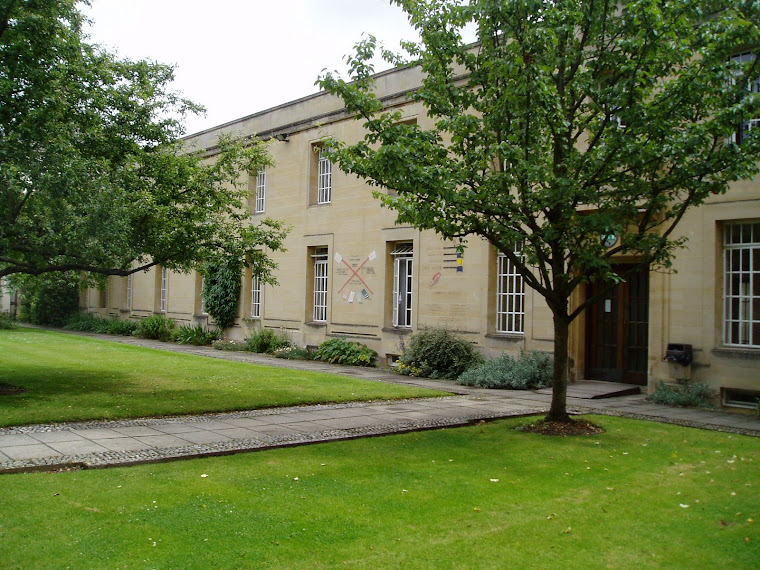It was good to see an end of Purpose Drive Church courses in UK Baptist churches. In previous blog posts I have contended that the PDC courses and method were in no way compatible with Baptist church practice and membership. These courses had a harmful and detrimental effect on Baptist church life by attempting to by-pass the established method of church membership through the process of the church meeting. Completing the course gave a way to direct membership.
Baptists have been accused of embracing the heresy of church democracy. It is maintained, by opponents of church democracy, that the church should not be run by or allow key decisions to be subject to the members at the church meeting. The final decision should rest with the elders or leaders or senior management/leadership. The leadership should move the membership to make the best decisions (or the decisions that they want).
Management by senior leadership or team, often salaried staff members, seems to be a popular development in some churches. While the church meeting and the members may appear to have a final say in the decision making process, in fact the management orders the agenda, the process and the policies at the church meeting. Any other business (AOB) in some places can only be entered on the agenda, and therefore conducted, when the subject is checked and carefully vetted by the management. Under this system the church member cannot raise any spontaneous and immediately pressing concerns. Consequently certain subjects are kept off the agenda, and the control of what is discussed is firmly in the hands of the management team. This inevitably stifles debate. It leaves absolutely no room for open discussion of a controversial issue that the management do not want to pursue. If the AOB is submitted to the management at a later time, a future meeting, then they can manipulate, massage and move issues to suit their ends. The level of management control stops and stifles openness and pressing concerns.
Allowing management in a church context to operate in this way often has other serious implications.
It would not allow for prophecy, for the exercise of certain spiritual gifts, for open prayer and charismatic worship. A church devoid of spontaneity and openness would be detrimental, in my opinion, to the spiritual health and welfare of the fellowship.
In my experience, tightly managed church bureaucracies lead to frustration and failure. This is particularly the case when the young people and young adults in the church are not invested in the church meeting. Some pastors, teachers and preachers maintain such tight control that they fail to develop, to nurture and to encourage the next generation and those with leadership potential.
It was sad to see talented young people and young adults leave these tightly controlled/ hierarchical fellowships for more open churches where their abilities were given the opportunities to thrive and develop. On the other hand, it was necessary in order for them to flourish, but it was a painful experience.


































































































































No comments:
Post a Comment